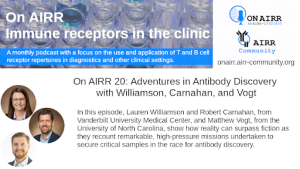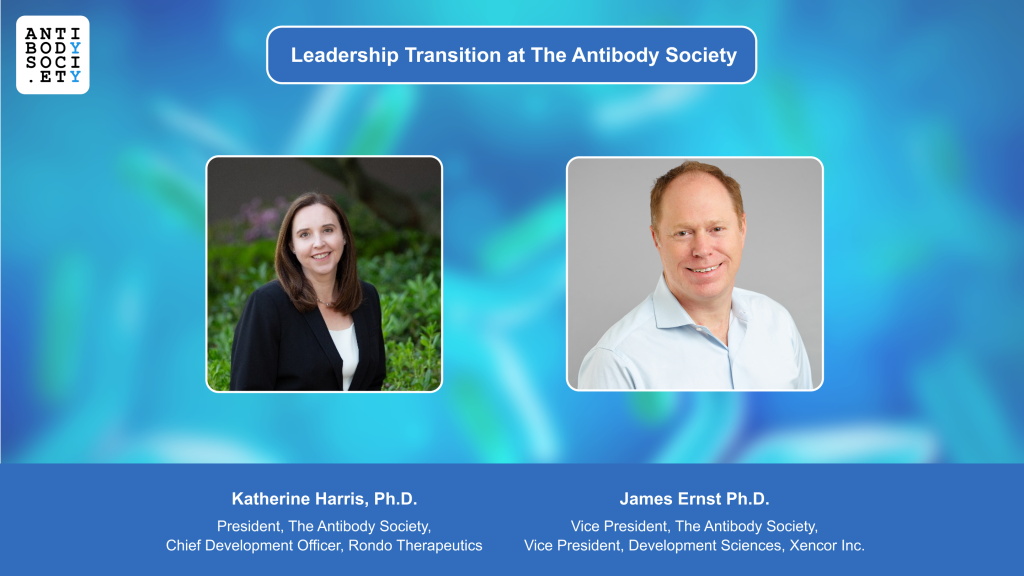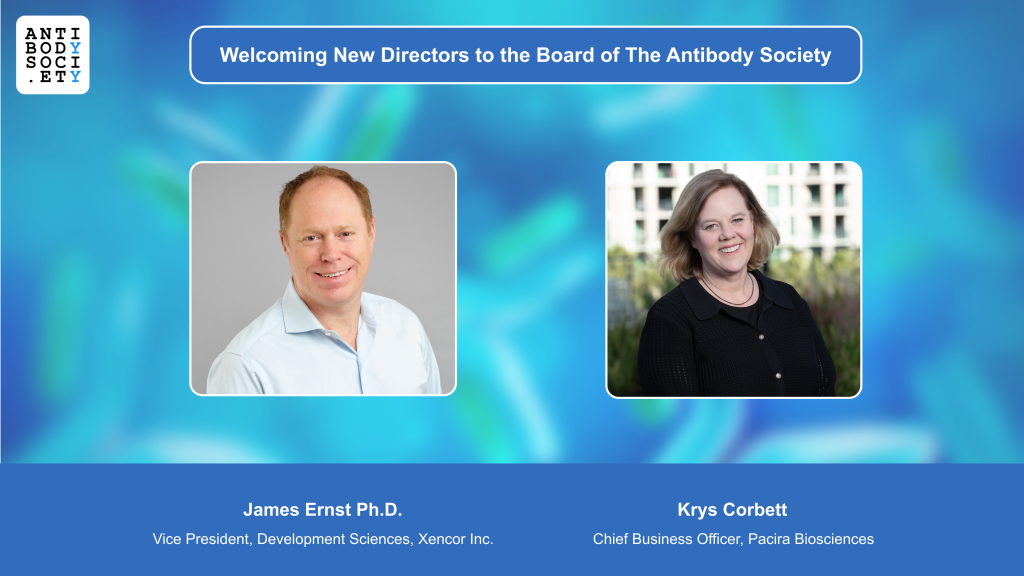The AIRR Community is pleased to announce that registration is officially open for AIRR Community Meeting VIII, taking place June 8–11, 2026, at Yale University, USA. A virtual participation option is also available, ensuring global accessibility to this year’s program.
➡️ Visit https://tinyurl.com/airrcmeeting8 to register. Early‑bird pricing is available through April 15, 2026. AIRR Community members will receive exclusive discount codes by email.
AIRR-C VIII will feature a dynamic and interactive agenda, including:
- Keynote presentations from leading immunologists
- David Schatz (Yale University)
- Deborah Dunn-Walters (University of Surrey)
- Gabriel Victora (The Rockefeller University)
- Mark Davis (Stanford University)
- Steven H. Kleinstein (Yale University)
- Poster sessions and short talk opportunities
- Deep‑dive software and tools tutorials
- Student/Postdoc mentoring sessions
- An optional group dinner on June 10 at a special venue
- Multiple hybrid-accessible sessions
The full program-at-a-glance is available on the event site, with additional details to be announced as the meeting approaches.
AIRR-C VIII is now accepting:
- Abstracts for posters and short talks (deadline April 15, 2026)
- Software/tool tutorial proposals and lightning talks (deadline March 15, 2026)
A warm thank you to our confirmed sponsors Cellecta (Gold), Enpicom (Silver), Takara Bio (Bronze), and Waters Biosciences formerly BD Biosciences (Bronze) — with more sponsors to be announced soon. Their contributions help make this event possible.




